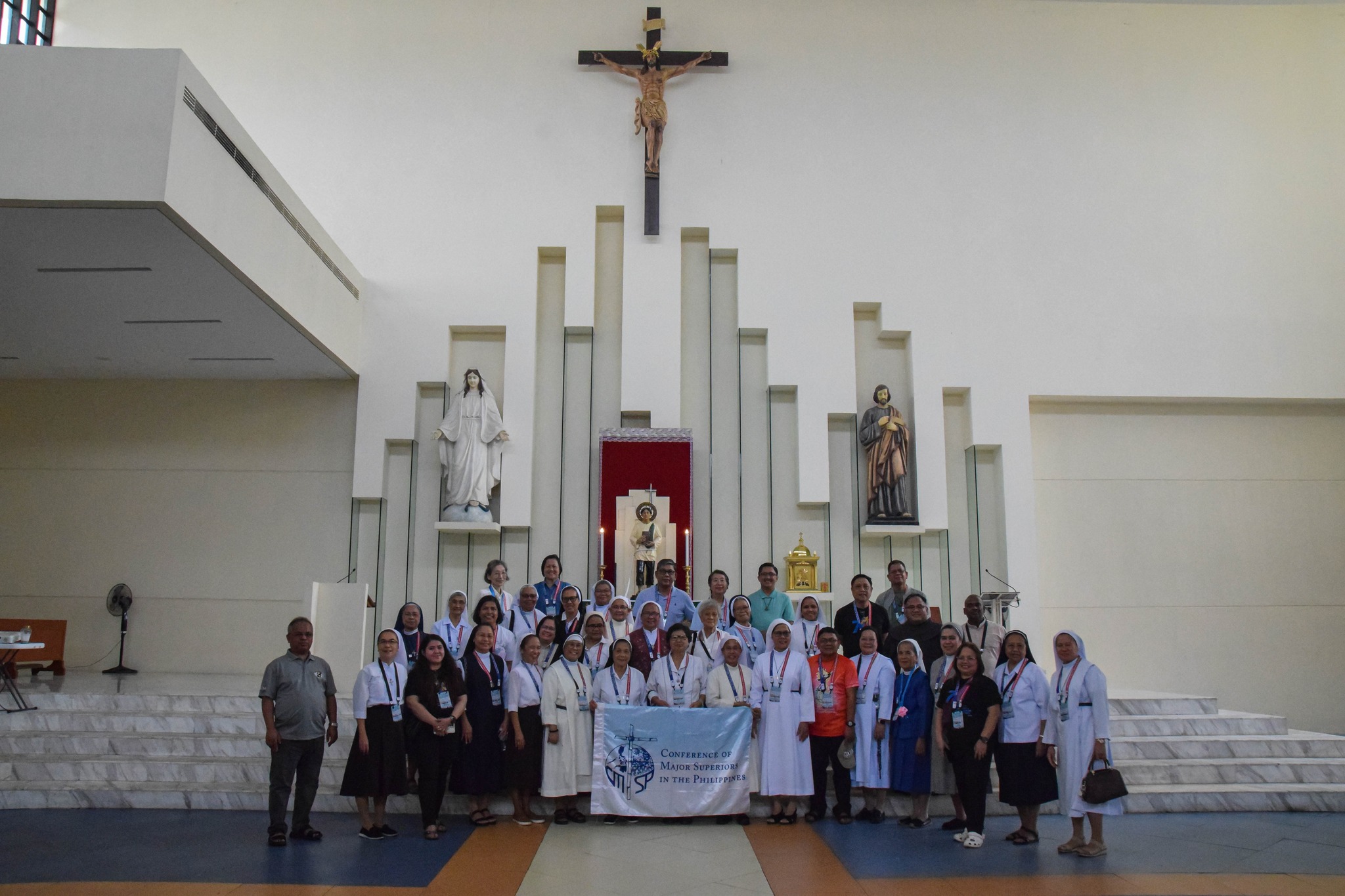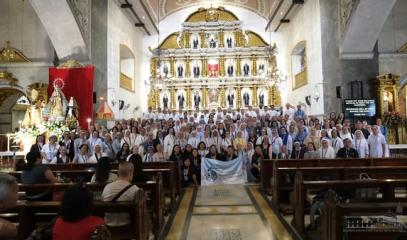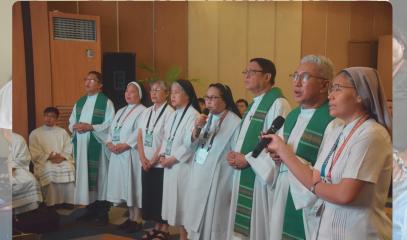Marcos sets up a commission to probe corruption in public works
The president has set up an independent three-member body to vet dodgy flood prevention projects of the past 10 years. The Conference of Superiors of the Philippines warns that corruption deprives youth of an education, favours the neglect of the sick, and traps millions in poverty.
Manila (AsiaNews) – Philippine authorities continue their anti-corruption campaign in public works, a problem that has made natural disasters worse, eliciting a critical response from the country’s Catholic bishops.
This morning, President Fernando Marcos Jr signed Executive Order (EO) No. 94, setting up a Commission for Infrastructure (ICI), an independent three-member ad hoc inquiry to investigate flood control and other major infrastructure and public works projects related to the environment.
This comes as the Conference of Major Superiors of the Philippines (CMSP) held a meeting in which it condemned rampant corruption, deemed a direct attack on “people’s dignity”.
With Marcos’s strong backing, the ICI will prioritise a probe into flood control and other infrastructure projects built over the past 10 years.
It will include a chair and two members, “persons of proven competence, integrity, probity, and independence,” the president said.
So far, the names of ICI members have not been made public, but Marcos stressed that they would include only "investigators, accountants”.
Speaking to the media on Tuesday, Marcos confirmed that no politician or government official will be part of the commission because its work is a highly "technical exercise”.
“We have made very sure that they are in fact independent; truly independent”. Previously he had stated that the ICI would serve as his administration’s "investigative arm", examining information and tips sent to the government related to flood control projects.
The 45th Biennial Joint Convention of the Conference of Major Superiors of the Philippines (CMSP), held in Cebu City, central Philippines, from 1 to 5 September, focused on corruption, particularly in public works aimed at disaster prevention.
During the meeting, the country's religious representatives (priests, nuns, and friars) asserted that corruption and bribery are not just an ordinary sin, but represent a system that damages the well-being and the future of individual Filipinos as well as the country as a whole.
In a statement signed by CMSP chairperson Father Lino Gregorio V. Redoblado, a Franciscan and, and vice chairperson, Sister Cecilia A. Espenilla, a Dominican, the CMSP points to the direct effects of corruption, which “robs our children of education, denies the sick of health care, and condemns millions of Filipinos to poverty.”
The council expressed disappointment with reports by Transparency International and the World Bank noting that the Philippines is among the most corrupt countries in the 10-member Association of Southeast Asian Nations (ASEAN), with low levels of trust in government and institutional accountability.
The CMSP equally slammed the misuse of public funds that should go to health care and education, especially at a time of rapidly rising public debt.
For the Catholic body, it is important to pursue unity among all Filipinos, as it is crucial to ensure full transparency in government contracts, particularly regarding taxes and infrastructure projects that benefit the population.
The CMSP also emphasised the importance of public demand for greater transparency in the use of public funds and the existence of separate inquiries into corruption cases involving government officials.
In this regard, the Senate and the House of Representatives are continuing investigations into corruption in government flood control projects, which are expected to bring to justice those responsible for corruption involving the public treasury.
Senator Panfilo Lacson announced that only 40 per cent of the funds allocated to flood control projects benefit the population, while the rest is diverted to shoddy and unfinished projects and in corruption in the public treasury.
For its part, the Conference of Major Superiors of the Philippines reiterated that the “fight against corruption is not merely political – it is Gospel witness.”
07/02/2019 17:28









.png)










